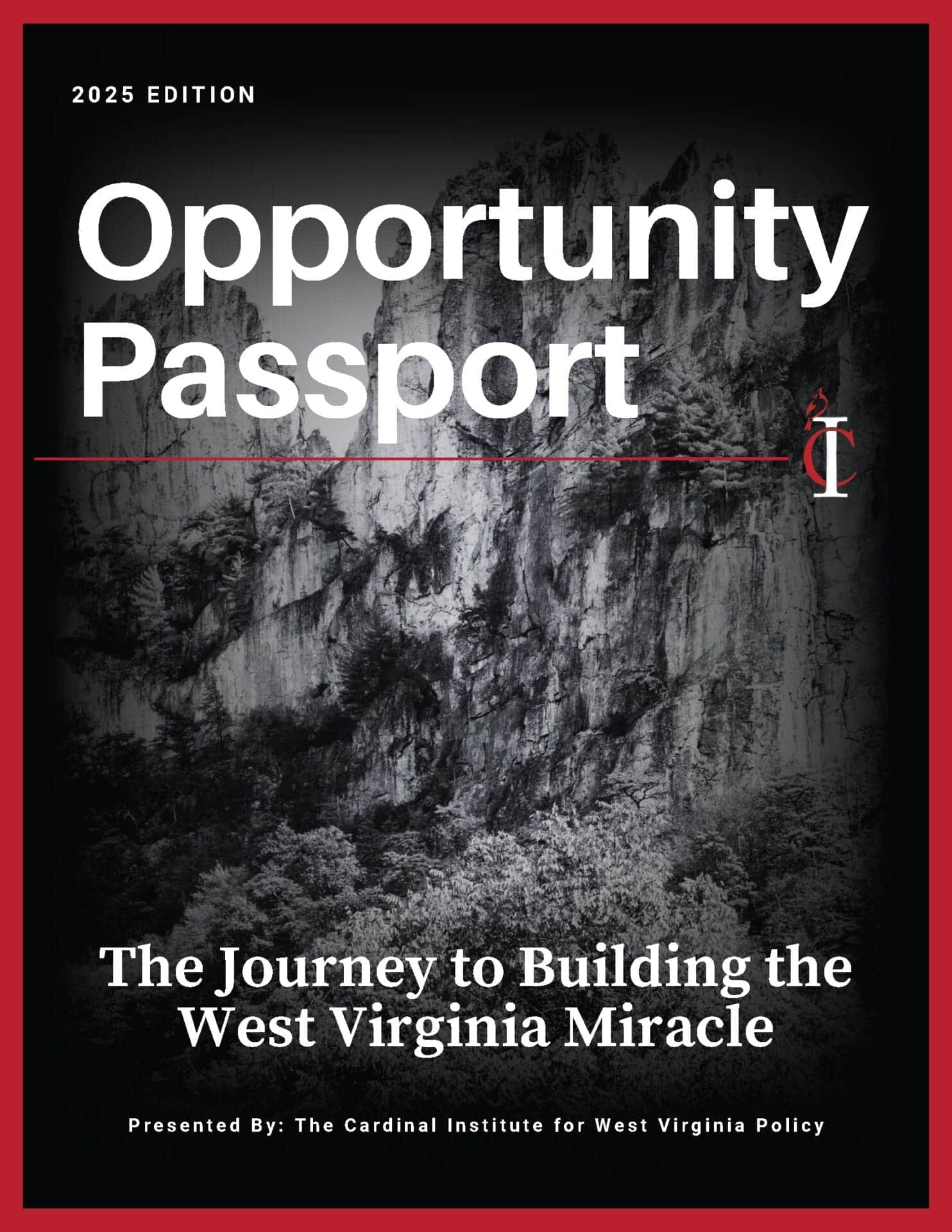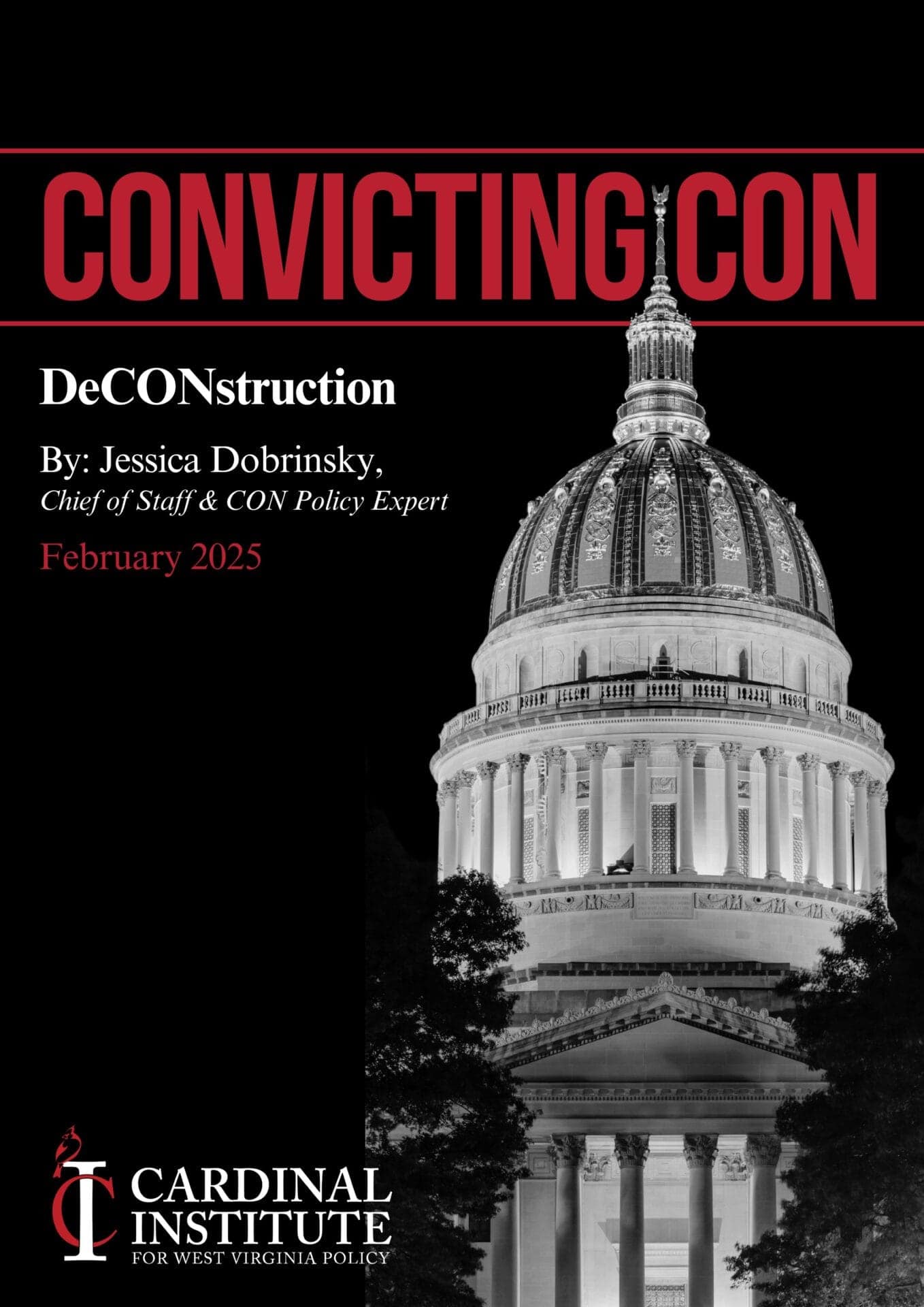
Benefit Cliffs: When It Doesn’t Make Sense To Work
Benefit Cliffs Prevent Work
We have all heard, at one time or another, terms that look to describe or deride people who take advantage of public benefits programs. I won’t list them here, but we’ve all heard them. These terms are the result of sometimes righteous frustration with individuals or families that live on the taxpayer dime with absolutely no intent, regardless of circumstance, to improve their situations. This is certainly the case, some of the time. But not always.
There are individuals and families participating in benefits programs across the United States that would do just about anything to better themselves and their situations. They want to remove themselves from those rolls. Unfortunately, many of these programs have been set up in such a way that makes doing that nearly impossible due to substantial benefit cliffs.
What are Benefit Cliffs?
A benefit cliff, also known as a welfare trap, is a feature of means-tested benefits programs that makes it difficult to ever graduate from those programs by earning income while maintaining a comparable standard of living. In simpler terms, the individual loses more value in benefits than they gain in increased income. By going to work, picking up an extra job, or getting a raise, a person standing on the edge of a benefit cliff may make more money on their paychecks, but actually be worse off than before.
Example of Benefit Cliffs
I am not sure if it is the most famous example, but the example of the benefit cliff in Cook County, Illinois (home to the City of Chicago) has stuck in my mind ever since I read of it years ago. Illinois Policy has a great writeup about it. They found that a single mom with two kids, if she were to accept a promotion that came with a pay raise from $12 an hour to $18 an hour, would have, in total, 1/3rd fewer resources than she would if she stayed at $12 an hour. A pay raise for this single mom wouldn’t make economic sense for her family until she was able to make $38 an hour, due to higher taxes and reduced benefits.
Similarly, let’s examine the situation of a two parent, two child household where each parent is working for the minimum wage. (This data is from before Cook County instituted multiple minimum wage hikes.) If the minimum wage increased to $10 an hour, that family would be $9,000 worse off due to losing some of their benefits.
What Should We Expect?
Here is what we cannot expect. We cannot expect honest, hardworking folks to take jobs or raises that are going to push their families back down into poverty. It is easy to sit back and say they should, but looking at sparse dinner tables and children that need shoes for school, it is unreasonable to expect that they would. I will plainly tell you: I wouldn’t.
What we should expect is better program design from legislatures. Politicians have to ensure that benefits dry up slower than incomes raise. If they do not, the programs that they author, with the purpose of aiding the most vulnerable among us, will instead doom them to that vulnerability. These benefit cliffs make individuals into victims of not only negative economic conditions or bad luck, but also of their governments. Better program design will also reduce the burden on taxpayers. Eliminating benefit cliffs will free people to move off the program rolls, lower program budgets, and potentially smooth friction between those who pay in and those who are paid out.
Jacob McCoy is a Contributor to the Cardinal’s Nest Blog.








